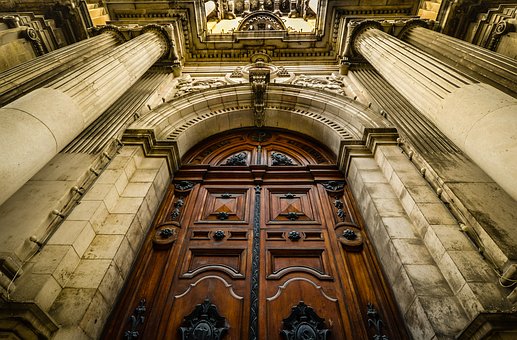Malta became a member of the European Union in May 2004, joined the Eurozone in January 2008 and joined the Schengen area in April 2003. Malta has the most women in government of any European Union country, and it has strong government support for the development of the financial services sector.
English is one of the official languages of Malta; it is widely spoken and it is the principal language for education and business. Many Maltese also speak Italian, German or French. Malta’s major trading partners are the UK, Germany, Italy and France. Malta’s economy has remained vibrant, and it has maintained a positive growth rate through the international financial crisis and the European debt crisis. Major sectors include tourism, electronics, pharmaceuticals, telecommunications, gaming, information and communication technology, and financial services.
The financial services industry now makes up about 15% of GDP. Malta is increasingly seen as an alternative to countries such as Luxembourg and Ireland, particularly in the areas of insurance funds and investment services.
With flexible monitoring, the highest legal standards and full compliance with EU directives, Malta is an efficient and safe place to do business. Malta has excellent financial infrastructure and more than 16 years of experience in providing cross border financial services.
Malta has an outstanding level of education, and its financial services graduates are industry leaders. Malta places an emphasis on education in financial services-related disciplines, and provides special training in business and finance in various forms at post-secondary and university level. Malta has an excellent accounting profession, and its accountants are either graduates of the University of Malta or they hold a unique international certification of public accountancy (ACA / ACCA).


Tourism is a major source of economic activity in Malta. About 10,000 people are directly employed in the tourism industry. In 2013, the total number of visitors to Malta was 1.62 million, and tourism revenues were €1.41 billion. It is not hard to see why: beautiful azure waters, pristine beaches, quaint towns, cultural treasures and tempting cuisine all make Malta an ideal destination or a country within which to relocate (to raise one’s family or to retire, as the case may be).
